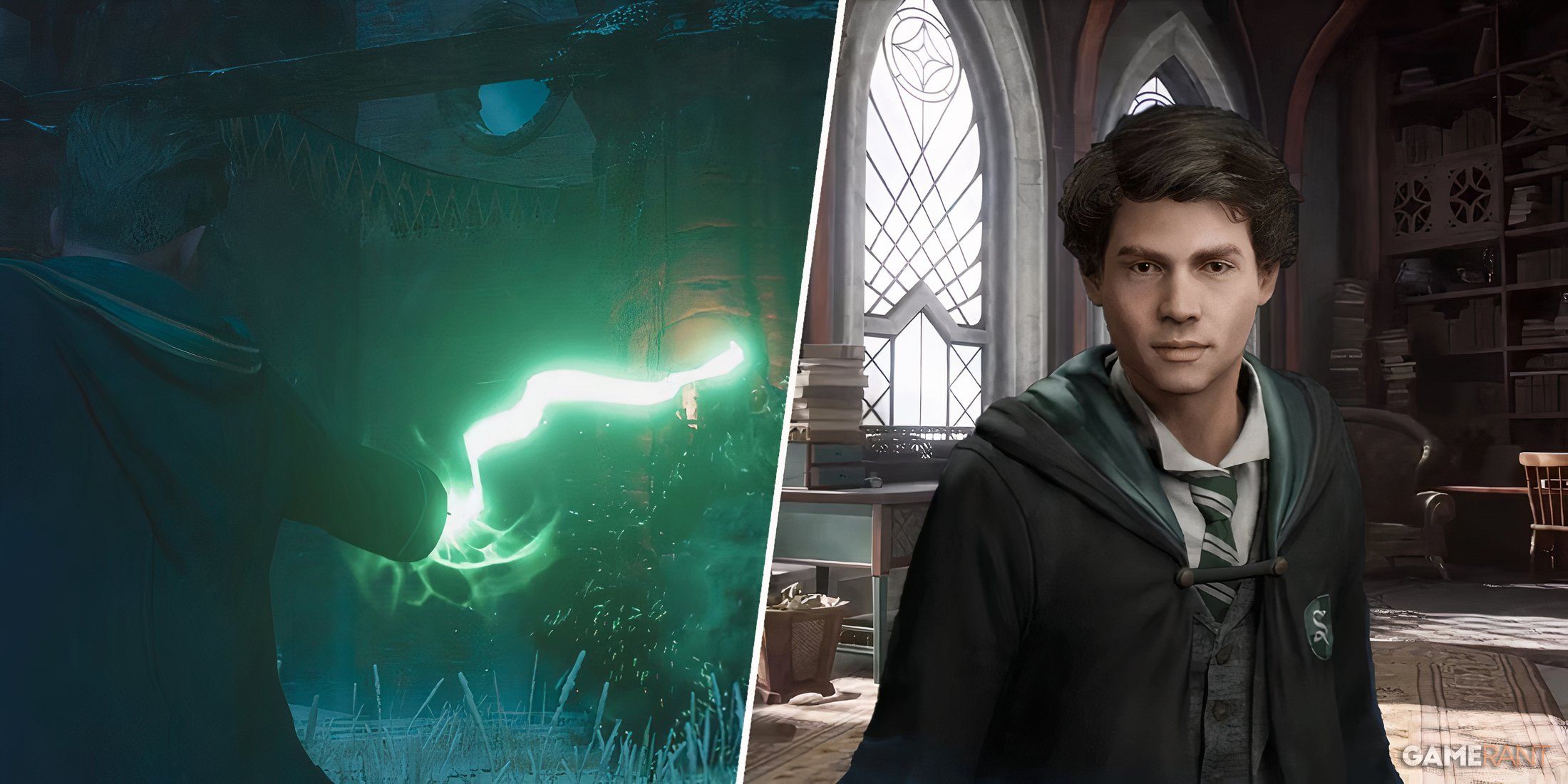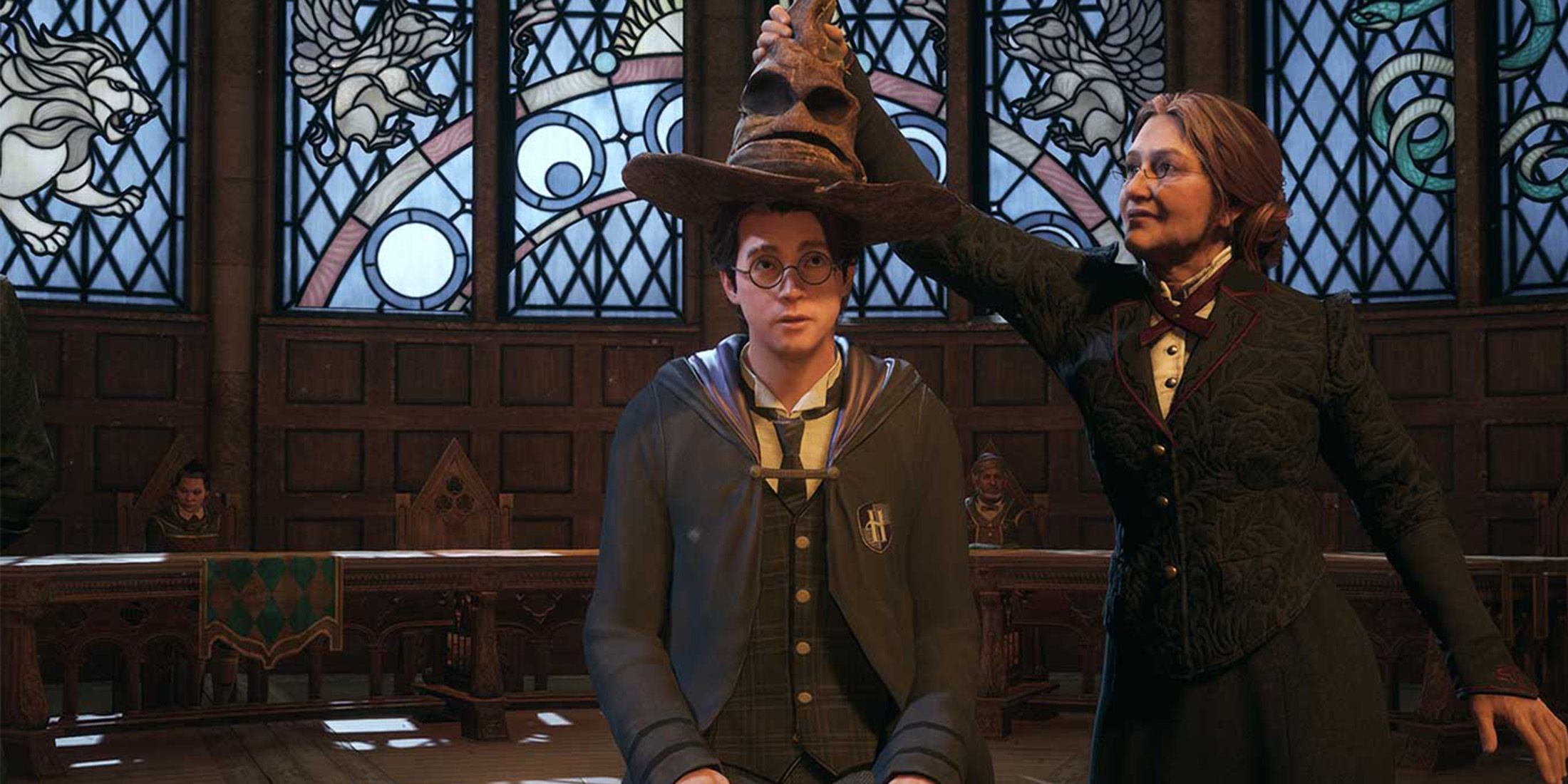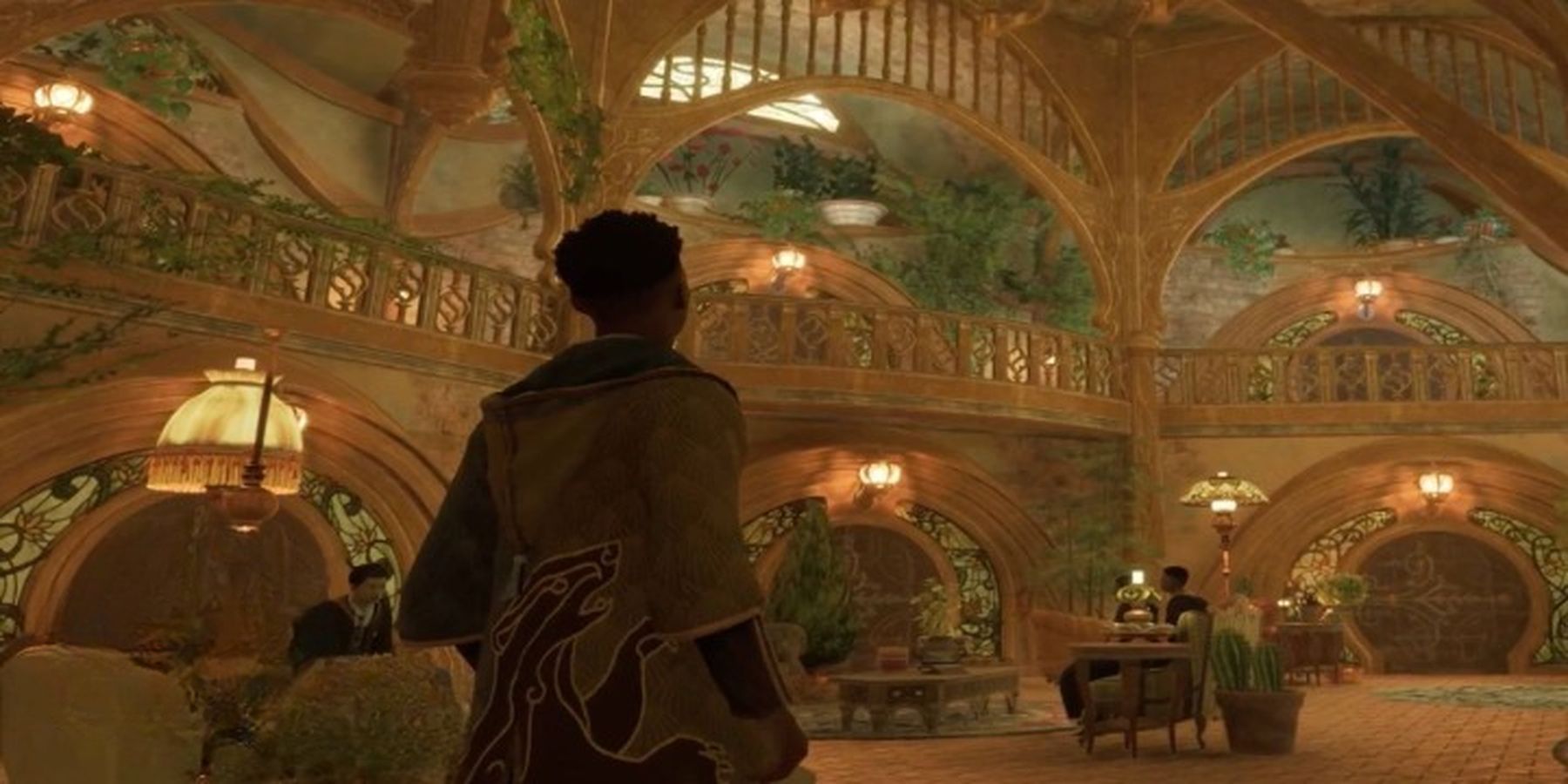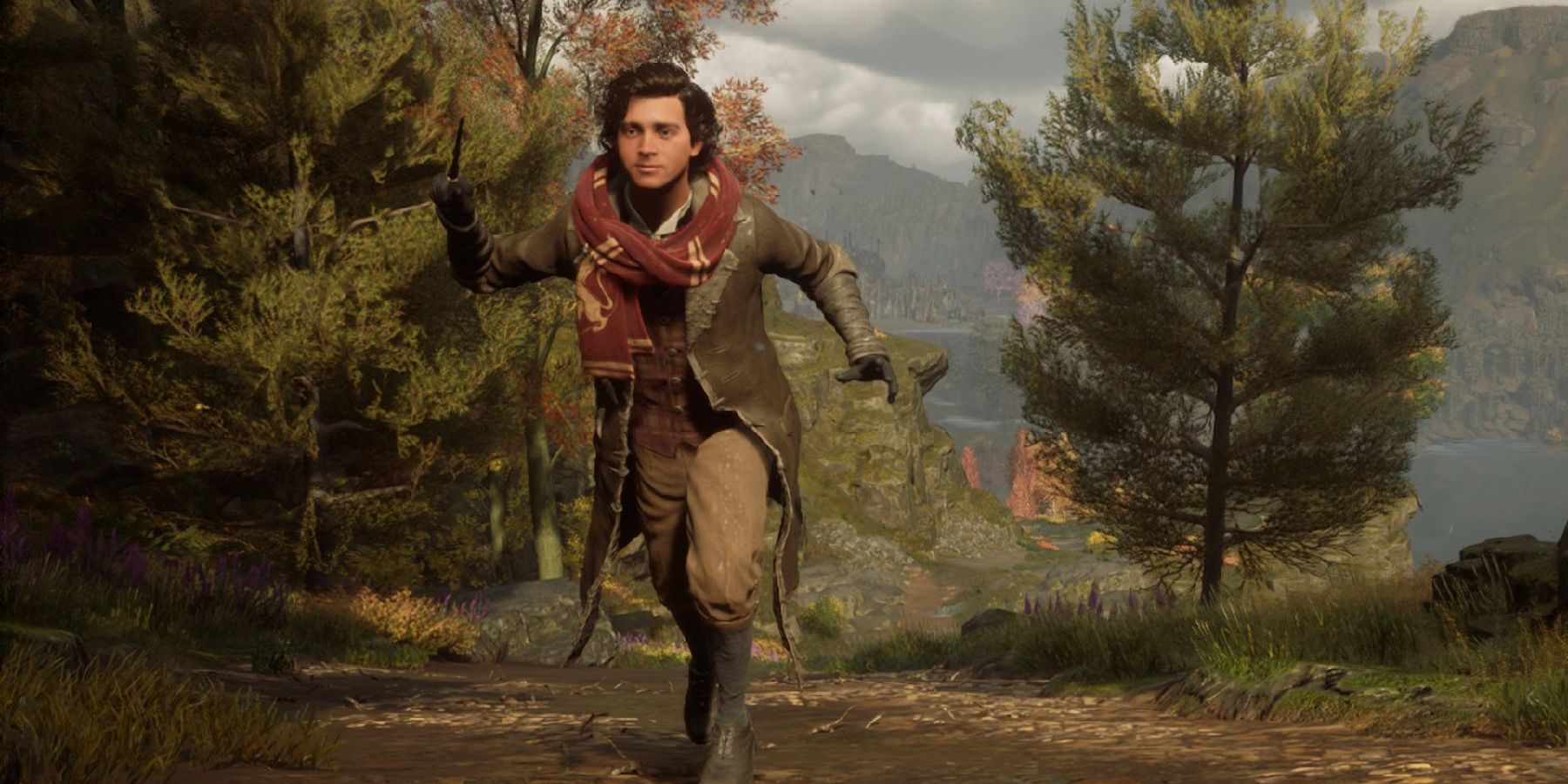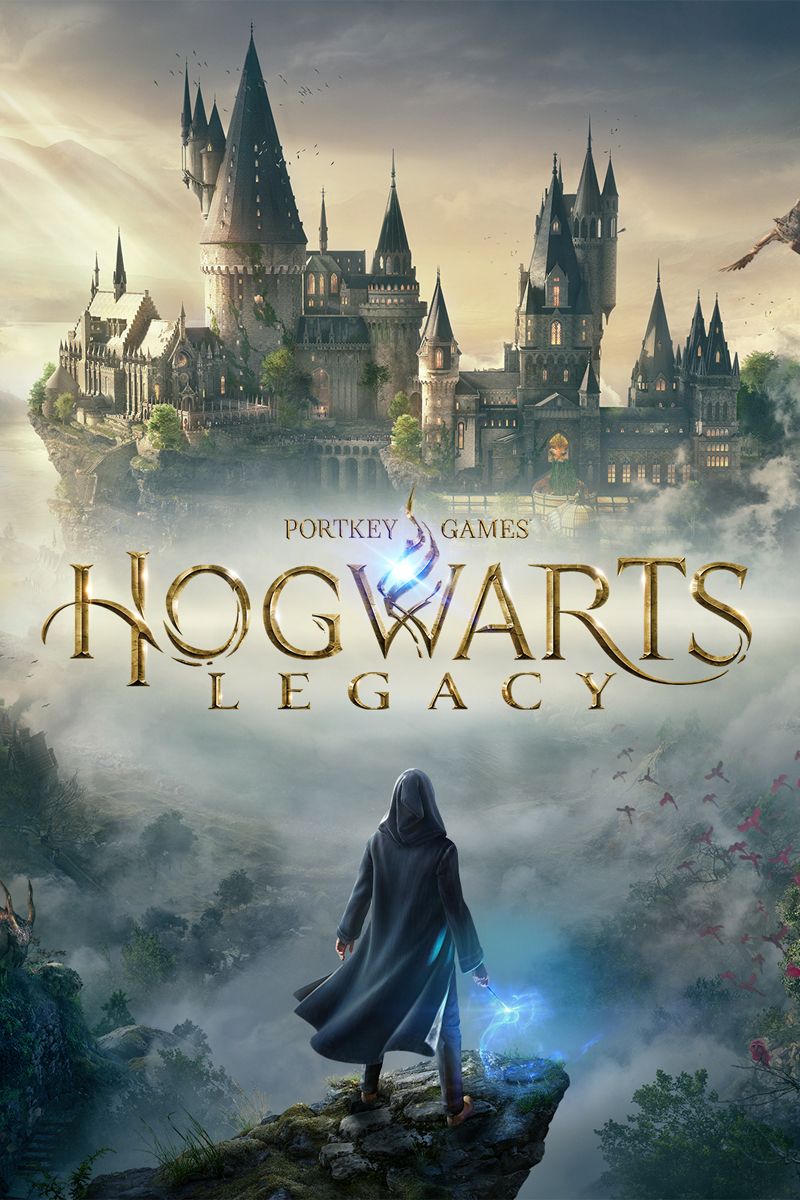Highlights
- Hogwarts Legacy disappointed fans by not adequately addressing the consequences of using Unforgivable Curses, undermining the moral values of the Harry Potter series.
- The relegation of Azkaban to a cameo appearance in the game allowed players to use these dark spells without facing significant repercussions, which goes against the spirit of the franchise.
- A potential sequel to Hogwarts Legacy needs to have a more robust choice system that incorporates concrete punishments for using Dark Arts, reflecting the darker elements of the storyline and adding depth to the gameplay experience.
It is said that every action has its consequences. Some of the best RPGs often implement this saying to varying degrees of success through the choice system, a mechanic that has become a core identity of modern gameplay. The looming confinement of Azkaban was enough to deter evil-natured wizards in the Harry Potter mega-series, and many assumed the legendary prison would play an instrumental role in Hogwarts Legacy, especially with Unforgivable Curses on the cards. However, its muted presence disappointed a large section of Harry Potter faithful, and a sequel needs to correct the moral oversight.
In the build-up to Hogwarts Legacy's groundbreaking release in February last year, fans looked forward to the first high-profile project to explore the wizarding world through a console. Gamers relished a chance to use some of the franchise's most famous spells, and when Unforgivable Curses were confirmed to feature in Hogwarts Legacy, it triggered an excited wave of "Avada Kedavra" chants on social media.
Given the stigma and expulsion that came with the use of these evil spells in the source material, it was almost guaranteed there would be some form of punishment in the game. Instead, Hogwarts Legacy largely glossed over this moral check and balance, leaving a hole that a sequel would be remiss not to fill.
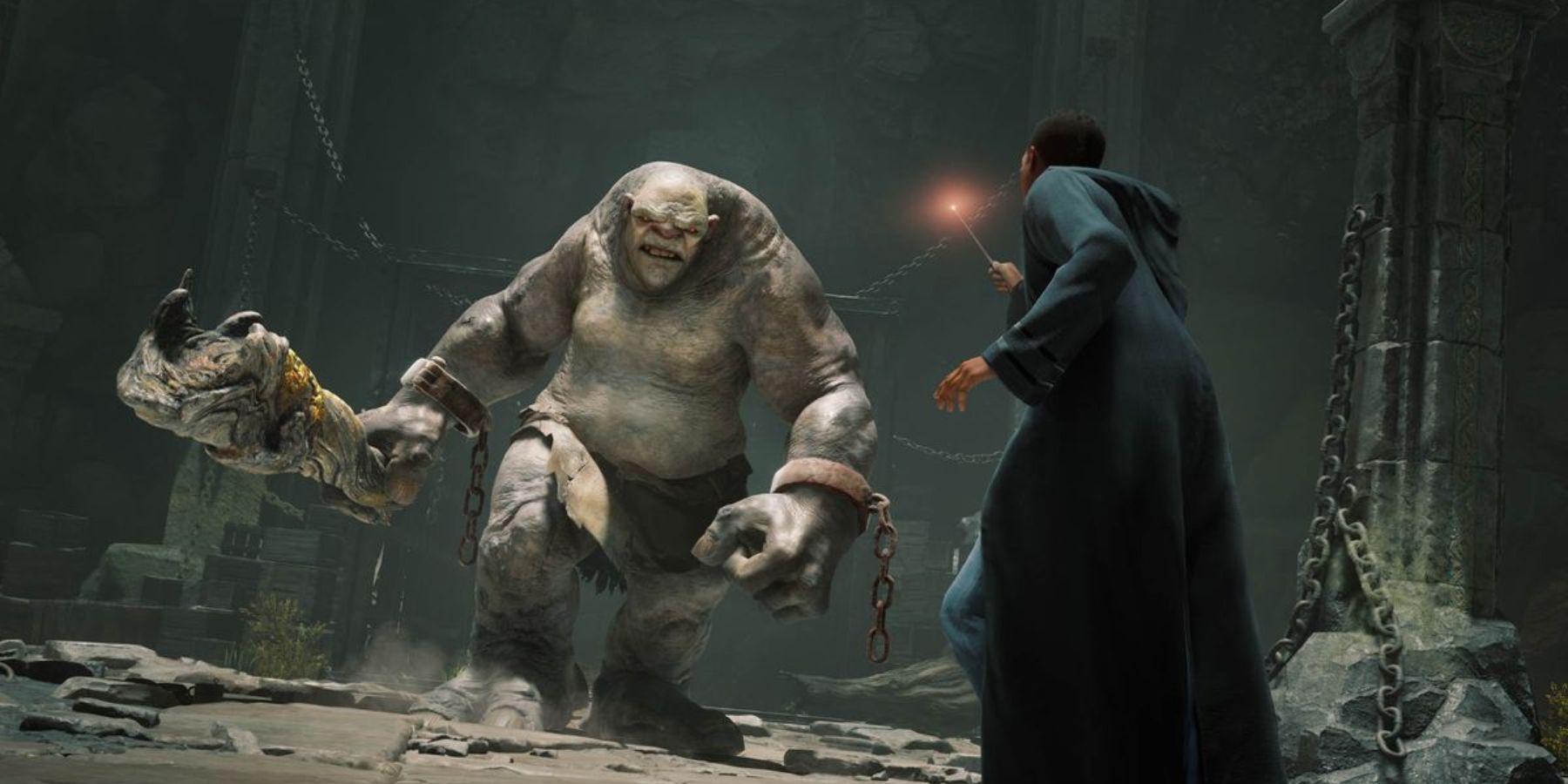
One Iconic Harry Potter Spell is Also One of Hogwarts Legacy's Least Rewarding
Hogwarts Legacy features an impressive number of spells, but one famous spell from the Harry Potter series is sadly underutilized.
A Hogwarts Legacy Sequel Needs Checks and Balances
Azkaban's Muted Role in Hogwarts Legacy Took Away Some of its Shine
While there were many things Hogwarts Legacy did beautifully, from its exquisite rural depiction of Hogsmeade to the exhilarating rides on magical brooms, there were areas where the Avalanche game lacked the depth expected of it. Most pronounced of the title's misses was its treatment of Azkaban, where the Wizarding locale was restricted to a cameo appearance only available to the Hufflepuff house.
The relegation of the prison to a footnote meant players could use Unforgivable Curses largely unchecked, which doesn't line up with the characteristic Harry Potter spirit. Using these forbidden spells in front of other characters at Hogwarts did draw one-liner chides but had no real consequences to the protagonist's relationships.
The only observable objections to the abominable spells came from Ominis Gaunt, who severally warned against going down the dark path with Sebastian Sallow. Hogwarts Legacy later puts the decision to punish Sebastian for killing his uncle with Dark Magic squarely in players' hands, and depending on the choice, the Slytherin wizard could either walk free or await trial. Needless to say, fans expected more of an authoritative presence to deal with the wicked use of Dark Magic. The lack of a concrete punishment for using Unforgivable Curses in Hogwarts Legacy exposed the lack of depth in its choice system, and a sequel can't afford to toe the same line.
Hogwarts Legacy 2 Needs a Choice System Shake-Up
A potential Hogwarts Legacy 2 has to pay more attention to its moral compass, especially if the storyline contains elements just as dark (or even darker) than the first game. There is no doubt that gamers using Crucio against enemies for fun in Hogwarts Legacy should've spent some cutscenes with the infamous Dementors to force a change of playstyle. To add to the punishment, the stigma that comes with using the Dark Arts in the canon material should also apply in a sequel, where NPCs would adversely react to a player's presence in various degrees.
A sequel to Hogwarts Legacy already gives Sebastian Sallow a chance to lean into the deplorable parts of his character and become the next Voldemort, and gamers anticipate an increase in evil elements in the next chapter of the franchise's story if one ever releases. With the plot potentially becoming even darker, there must be requisite punishments for using the Dark Arts, whether in terms of reputation hits or a prison term where players will atone for their crimes. One way or another, choices will need to have balancing consequences in a sequel.

